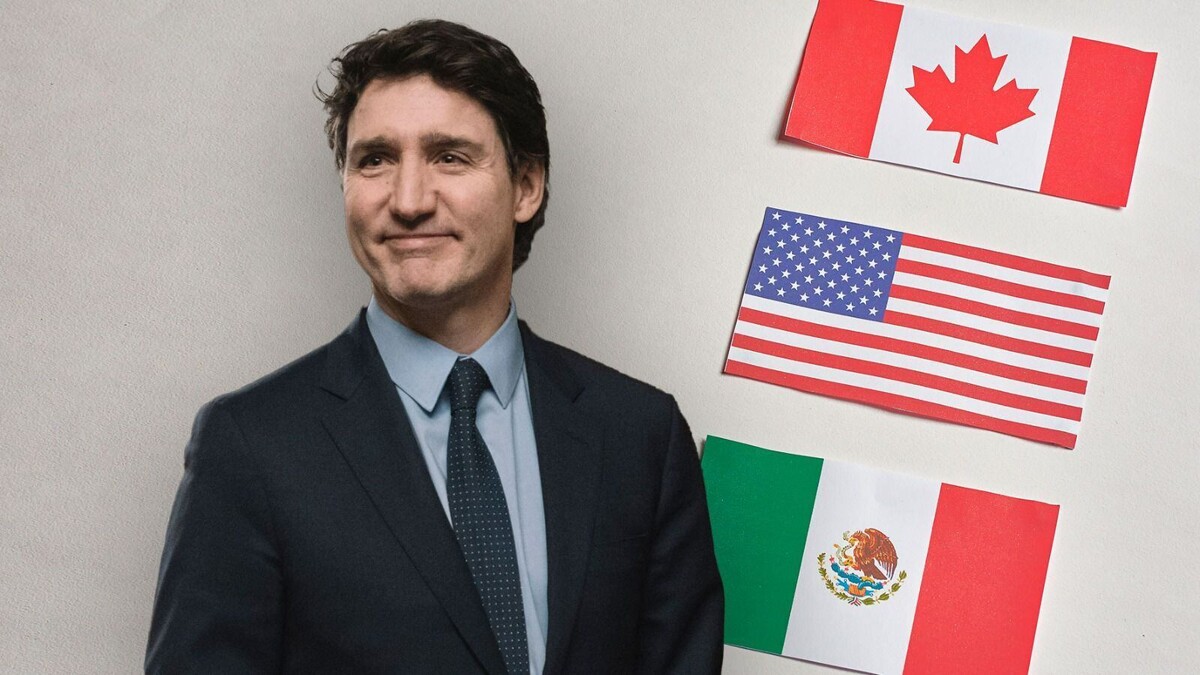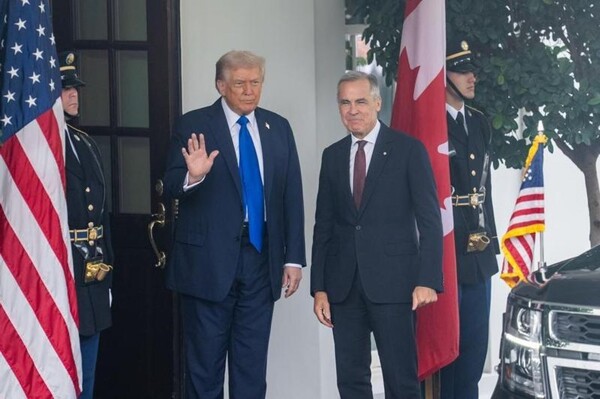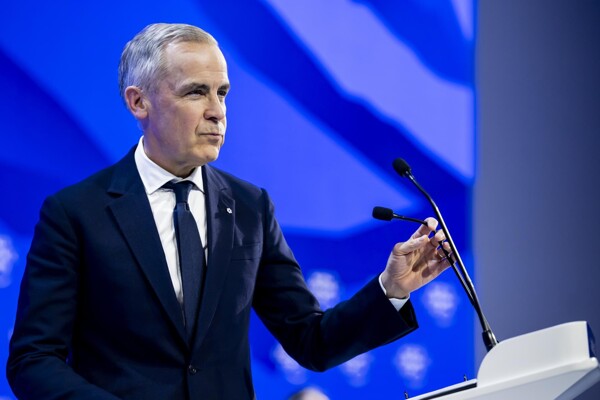
The United States imposed a 25 percent tariff on most imported goods from Canada and Mexico, triggering immediate retaliatory measures from both countries. Canadian Prime Minister Justin Trudeau responded by imposing his own tariffs on U.S. products worth up to 30 billion Canadian dollars.
In an attempt to ease tensions, Trump announced a brief suspension of U.S. tariffs on goods covered by the T-MEC until April 2. Nonetheless, Trudeau expressed his concerns about the intentions behind Trump’s actions, asserting that the ultimate goal could be to force economic hardships on Canada with the intention of annexing the country.
Tensions remain high, and Trump's statements accusing Canada of "milking" the United States for years with tariffs on lumber and dairy products did not help to alleviate the situation. As Trudeau prepares to leave office, his successor will be elected this Sunday by members of the ruling Liberal Party.
Canada's Finance Minister Dominic LeBlanc expressed Ottawa's willingness to engage in talks regarding the review of the T-MEC if the U.S. administration shows interest in starting that process. The Canadian government's preference is to address trade frictions comprehensively rather than sector by sector, week after week.
Amid uncertainty, Mexican President Claudia Sheinbaum stated that Mexico would review tariffs on Chinese shipments. Next week is expected to be crucial in North America's trade relations, as a deadline approaches for the possible imposition of a 25 percent tariff on foreign steel and aluminum by the United States.
LeBlanc emphasized Canada’s willingness to collaborate with the U.S. administration in defining new measures aimed at protecting the North American market from unfair trade practices by China. Despite current tensions, the minister highlighted that there are still common interests among the three countries and that he is open to holding talks in the coming days to resolve differences through negotiation.













